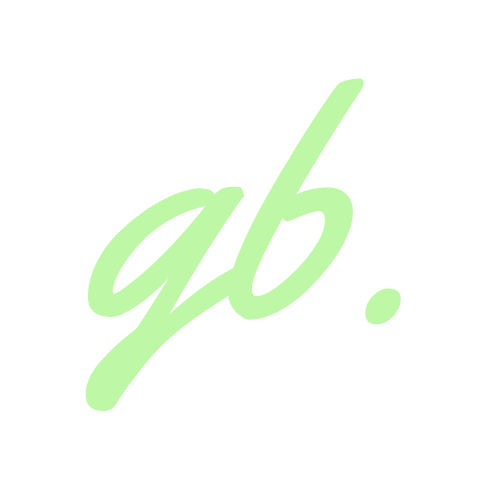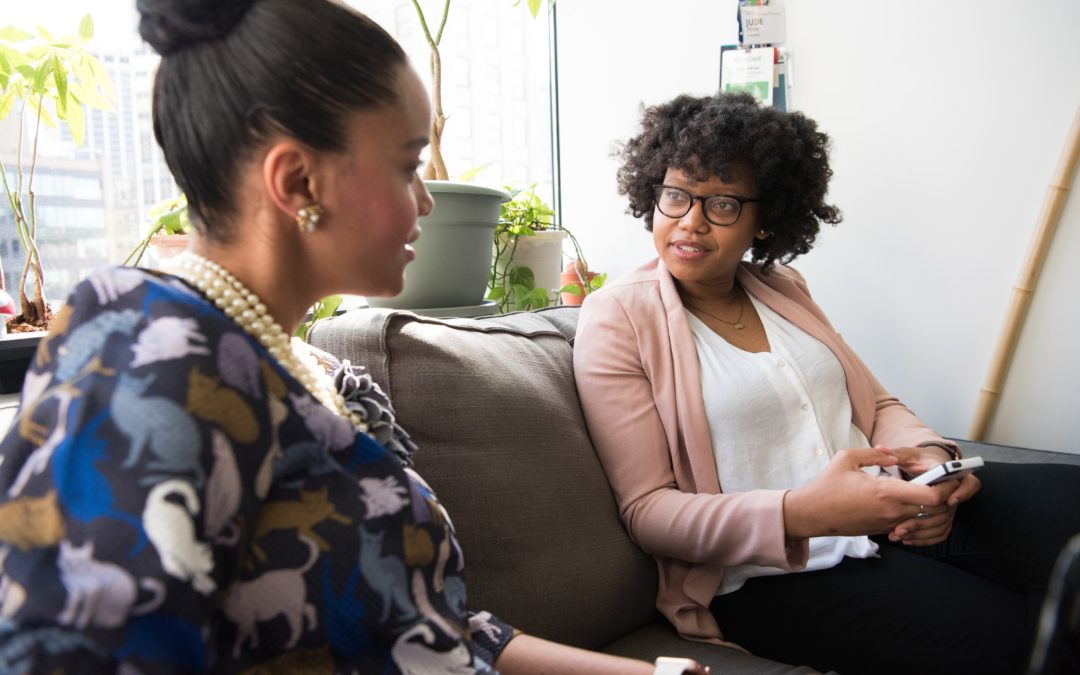What is Online Women’s Health Coaching?
A big reason people seek coaching is that they need more connection and attention.
The basis of coaching is digging deep into the why. It’s a safe space to ask why certain things are happening without being judgmental or accusatory. We come at this from a place of curiosity.
One simple way to describe a coaching relationship is as a skilled friendship. As your confidant, I trust that you know what is best for you. I listen closely and help you listen to yourself more fully.
In this blog, we’ll discuss women’s health coaching, how it works, and other common questions.
“And I said to my body, softly, ‘I want to be your friend.’ It took a long breath and replied, ‘I have been waiting my whole life for this.’”
– Nayyorah Waheed
Why work with a holistic health coach?
Holistic medicine considers each patient’s whole. This includes your mental, physical, and emotional health. A massive part of that is your diet and nutrition.
As a Nationally Board-Certified Health and Wellness Coach and a candidate for an MS in Nutrition and Integrative Health, I’m committed to learning how your body operates best. I use this knowledge to create an action plan specific to you.
Unlike a typical medical practitioner who looks mainly at your symptoms, a holistic + integrative coach seeks to understand what is behind your symptoms.
Your body is constantly communicating with you. As your health coach, I help you get brave enough to listen and interpret her messages.
What does women’s health coaching help with?
Here are a few examples of how coaching can support you:
- Stress and anxiety management
- New challenges
- Weight Loss
- Mindset
- Recurring BV, or Bacterial Vaginosis
- PCOS, or Polycystic Ovary Syndrome
I have experience coaching women with PCOS, BV, anxiety, depression, and other mood disorders who are looking for additional support. You determine what your goals are at the beginning of our program and we adjust as we go.
The steps to start your coaching journey
It’s easy to get started with these six simple steps:
- Book & take your discovery call
- Send and sign the program agreement
- Receive plan of action & a link to the nutrigenetics test
- Order your kit & take your nutrigenetics test
- Receive access to the private group for ongoing support
- Receive results & set the first coaching call
Your Discovery call
Your first call with a women’s health coach is to get to know you. This call lasts about 45 minutes. We use this time to understand why you’re looking for coaching and see if we’re a good fit.
On this call, I want to learn more about your health history. I want to know what’s worked for you, what hasn’t, and to discuss how coaching can make a difference.
Another important step is explaining the coaching relationship. We outline the expectations of someone being coached and what are my responsibilities as your coach.
It’s essential to be transparent about expectations and responsibilities. This creates a foundation of trust and clarity to build our relationship.
What does your standard coaching program look like?
The standard coaching program I offer takes place over three months. This amount of time is especially powerful if you have something specific you need help with like anxiety or mood swings.
We meet twice a month through Zoom and each call is an hour long. Between these calls, you are free to email or use Voxer to contact me. I do my best to respond within 48 hours. This means you always have a way to communicate with me and be held accountable.
At the end of the three months, we reflect on the goals you set at the beginning. We determine if you received what you needed. You can then decide if you want to work together more.
What happens during coaching?
On our first coaching call, we will create a plan on how to get you where you want to be. We set goals and define your big picture—what we are working toward.
These goals could look like:
- Eliminating BV
- How to manage PCOS
- How to bring yourself out of a depressed mood
Every time we meet, we review the goals we previously set and establish new ones. This is why the action plan is vital. It’s our baseline.
Coaching is an organic process. Our conversations lead us to unknown places. Together we’re dismantling and peeling back the layers. We’re creating a space dedicated to you, your health, or whatever is most important.
We are always working within the scope of your vision and the goals we set together.
Why is coaching needed when other practitioners exist?
One of the biggest benefits of coaching is the amount of time you receive speaking directly with your coach. Feeling wholly heard and understood is a plus side of coaching not seen in most healthcare verticals.
According to a survey conducted in 2018, the majority of U.S. primary care physicians spend 9-24 minutes with each patient. And 5 percent spend less than 9 minutes! Imagine spending an hour in a waiting room and ten minutes waiting for your doctor for them to finally arrive and be rushing out the door.
However, when you get on a Zoom call with your coach, you have their full, undivided attention. Having a coach also offers a wider perspective on what you’re challenged by. We work not only with your symptoms but also consider the full spectrum of your life at this moment.
With that said, coaching doesn’t replace a medical doctor or a licensed therapist. They are not the same. In some cases, all three may be necessary as they each serve a purpose.
What’s the difference between coaching, counseling, and therapy?
This is a common question that’s useful to differentiate. Coaching, counseling, and therapy all have their importance and their place. Understanding what each means gives you the information you need to decide which is right for you.
Therapy is defined by Merriam-Webster as a therapeutic medical treatment of impairment, injury, disease, or disorder. Oftentimes, therapy refers to psychotherapy.
Whereas, counseling involves the use of psychological methods to guide an individual with advice and support. Usually, this is for the purpose of helping with an issue or making an important decision.
Some examples of counseling are career, guidance, and marriage counseling.
Lastly, the NBHWC defines a health and wellness coach as a partner or facilitator who uses a client-centered process to empower you to develop and achieve self-determined goals. Some coaches may also be subject matter experts. Coaches help you tap into the inner strength and resources you already have and use these to create strategies for making sustainable, healthy changes.
It’s a relatively new concept to use coaching for subjects beyond sports. The first use of ‘life coach’ was documented in 1969 and its newness shows the growing need for something more intimate than therapy and counseling.
Why coaching makes a difference in women’s lives
As individuals, we view the world from our unique vantage point. You find new challenges every day. Many people you meet or know have been in similar places or are still in a similar place. However, what worked for them may not work for you.
In fact, at times the copious advice from others can confuse us. When you hire a coach you trust, you’re entering two new relationships—the one between you and your coach and the one between you and yourself.
This investment in yourself shows your commitment to learning and healing.
What you give energy to grows. The same is true when applied to personal development. If you apply what you learn, you will see a difference in your life and your health.
Click here to get started today!

